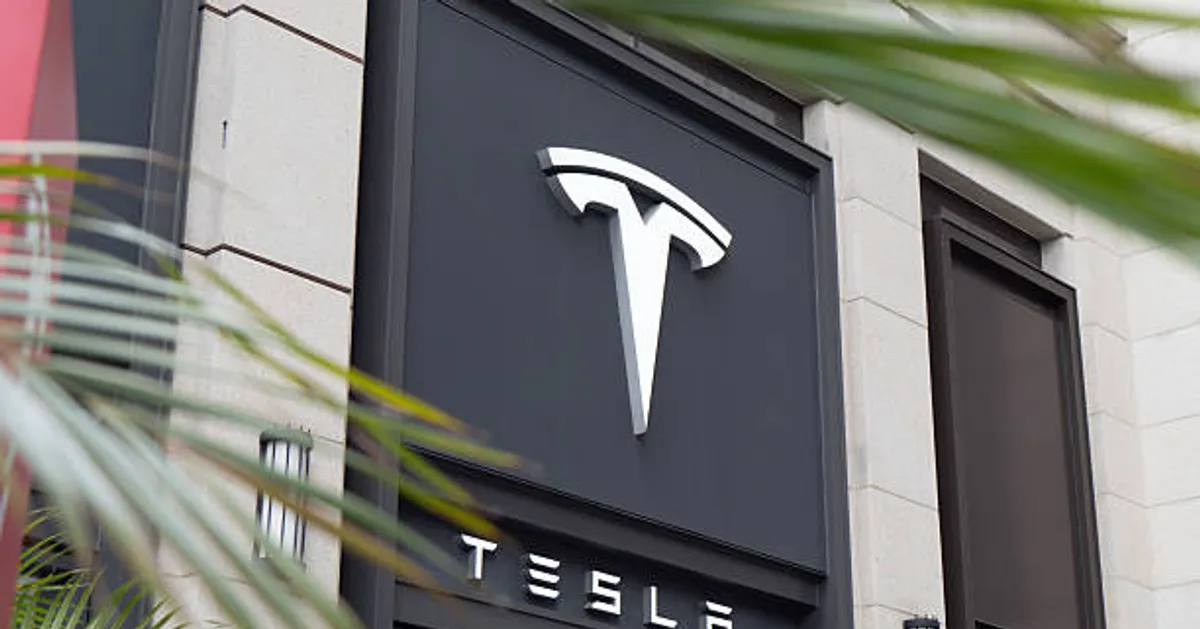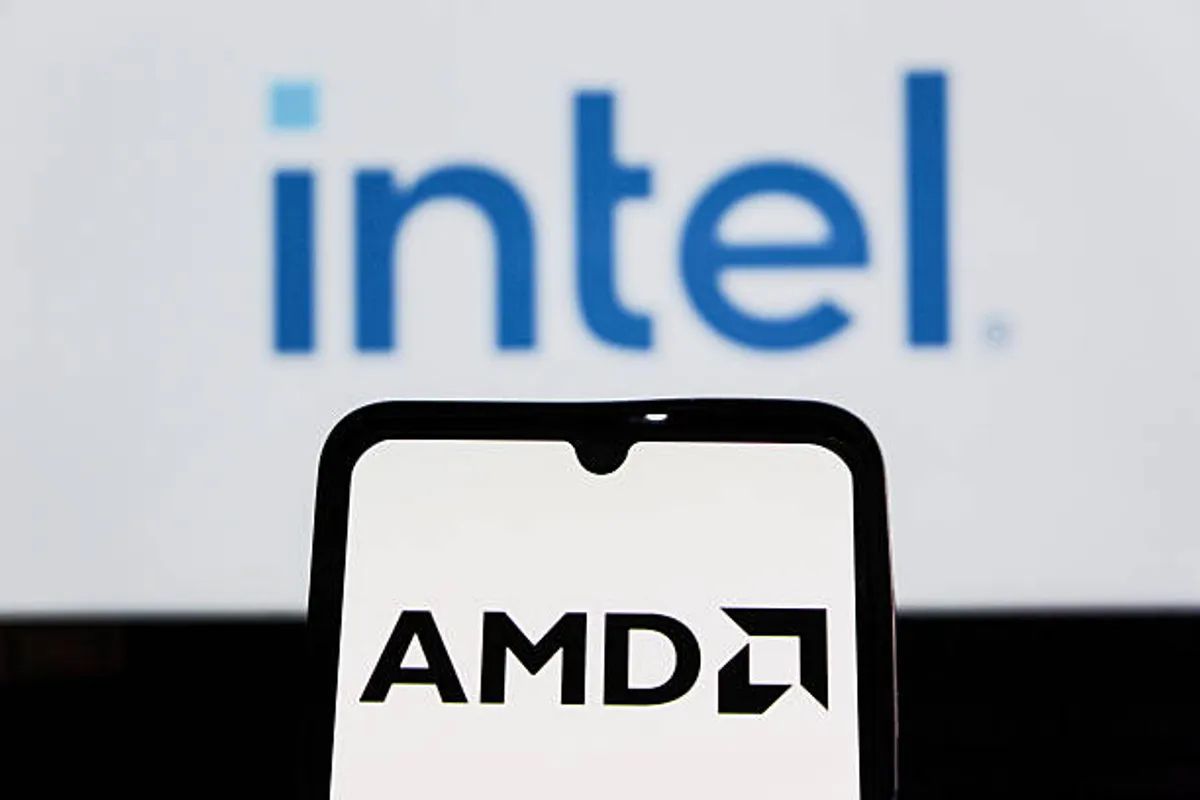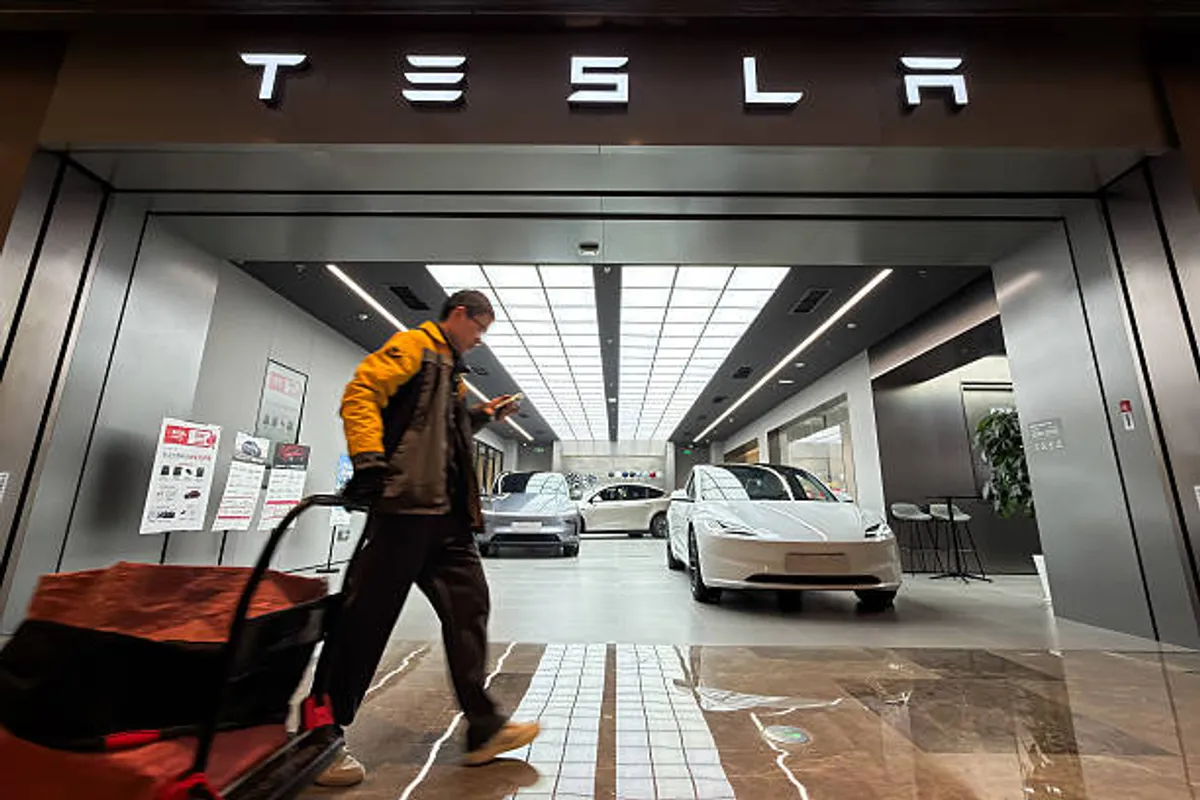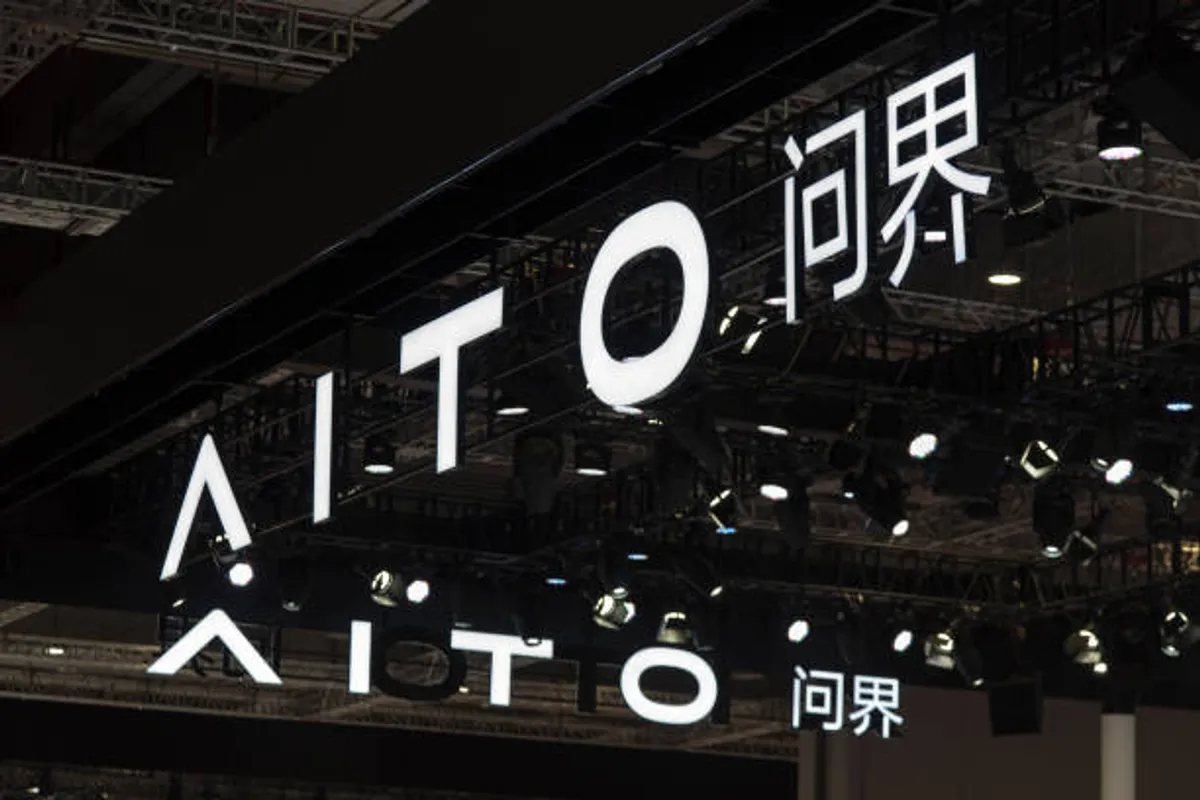Norway’s Sovereign Wealth Fund to Vote Against Elon Musk’s $1 Trillion Pay Package at Tesla, Inc.

GeokHub

Norway’s sovereign wealth fund — the world’s largest, valued at around US$2.1 trillion — has announced it will vote against ratifying Tesla’s proposed compensation plan for CEO Elon Musk, which could award him up to US$1 trillion in stock over a ten-year period. The decision comes ahead of Tesla’s shareholder meeting scheduled for November 6.
The fund, which holds a 1.12 % stake in Tesla (valued at approximately US$17 billion), expressed appreciation for Musk’s “visionary role” and significant value creation at Tesla, but raised concerns about the overall award size, shareholder dilution and the heavy reliance on one individual—termed “key person risk.”
Tesla’s board has urged shareholders to approve the package, warning that Musk could depart if the compensation is rejected. The plan hinges on extremely ambitious performance targets, including a company market-valuation threshold of US$8.5 trillion. Even if all conditions are met, criticisms remain over whether the payout structure aligns with long-term shareholder value.
Analysis / Impact:
This move by Norway’s fund marks a notable show of governance discipline. By rejecting one of the largest executive pay packages ever proposed, the fund signals increased investor scrutiny over compensation practices, especially in high-growth tech and automotive firms where leaders hold enormous influence.
For Tesla, the opposition adds reputational and financial pressure. While the fund does not control the outcome alone, its decision may influence other institutional investors. If the package fails due to shareholder dissent, it could complicate Tesla’s strategy for retention of Musk and raise questions about board dynamics and leadership continuity.
From a broader perspective, the episode underscores how executive compensation is becoming a flashpoint in corporate governance. The size of the award, the dilution impact on existing shareholders, and the concentration of power in a single individual are issues that many funds are increasingly unwilling to overlook. Firms operating on steep growth trajectories may find that stakeholder patience is thinner when pay-out risks appear disconnected from diversified governance.
In short, Tesla’s upcoming vote is about more than numbers — it is also about signal-setting. If shareholders approve the package despite such opposition, it may reinforce the status quo of expansive CEO awards in high-tech. If they reject it, it could mark a turning point in how executive compensation is evaluated in the era of mega-scale value creation.








